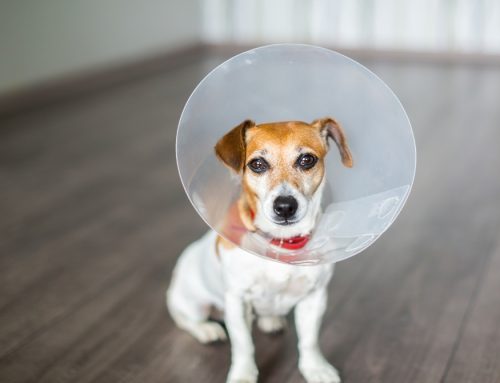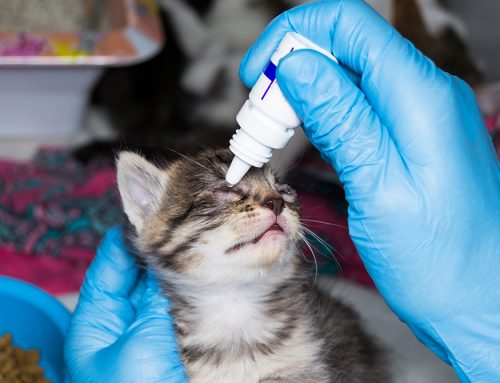What is Keratoconjunctivitis Sicca (KCS)?
Keratoconjunctivitis Sicca, commonly known as KCS or “dry eye,” is a condition in dogs where the tear glands do not produce enough tears. This results in dryness and inflammation of the cornea and conjunctiva, leading to discomfort and potential damage to the eye.
Causes of KCS
KCS can be caused by several factors, including:
- Autoimmune disorders: The body’s immune system mistakenly attacks the tear glands.
- Infections: Certain viral or bacterial infections can lead to tear gland dysfunction.
- Breed predisposition: Some breeds, such as Bulldogs, Pugs, and Shih Tzus, are more prone to KCS.
- Medications: Long-term use of certain medications can affect tear production.
- Trauma: Injury to the eye or surrounding areas may impact tear production.
Symptoms of KCS
Signs of KCS in dogs may include:
- Red or inflamed eyes
- Excessive eye discharge
- Dry or gritty feeling in the eyes
- Frequent blinking or squinting
- Cloudy or opaque cornea
- Pain or discomfort
Diagnosis
If you suspect your dog has KCS, a thorough examination by a veterinarian is essential. Diagnosis typically involves:
- Schirmer Tear Test: Measures the amount of tear production.
- Ocular examination: Assesses the health of the cornea and conjunctiva.
- Fluorescein staining: Checks for damage to the corneal surface.
Treatment Options
Treatment for KCS aims to alleviate symptoms and improve tear production. Common treatments include:
- Artificial tears: Over-the-counter or prescription eye drops to lubricate the eyes.
- Medications: Drugs that stimulate tear production, such as cyclosporine or tacrolimus.
- Anti-inflammatory medications: To reduce inflammation and discomfort.
- Surgery: In severe cases, procedures to stimulate tear production or protect the eye may be considered.
Prevention and Management
While KCS may not always be preventable, managing the condition effectively can improve your dog’s quality of life. Regular veterinary check-ups and timely treatment can help control symptoms and prevent complications.
Visit Us
If you notice any signs of KCS in your dog, prompt evaluation and treatment are crucial. Visit Mission Veterinary Clinic, located in the San Fernando Valley at 16915 San Fernando Mission Blvd, Granada Hills, CA 91344. We are an urgent care facility that operates on a walk-in basis and do not accept appointments. For more information or assistance, please call us at 818-363-8143.










Leave A Comment